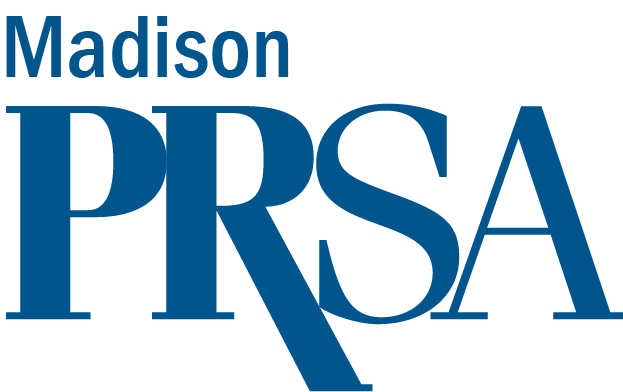Navigating the Ethics of Vendor Praise: Why Organizations Should Avoid Endorsements
By Sandra Mason, APR, PRSA Madison Chapter Ethics Chair
When a vendor goes above and beyond, it’s natural to want to sing their praises. However, for any organization — whether corporate, nonprofit, government or agency — there’s an important ethical line between acknowledging a positive experience and offering an endorsement.
Recently, a situation arose where a communications team was asked to share a statement such as: “I would highly recommend the XXXXX team to any organization…” While the enthusiasm was genuine, it raised a critical question: Should organizations issue endorsements outside of formal sponsorships or procurement processes? This one in particular, the request would have been used for marketing materials.
As PRSA members, we are guided by the principle that ethical communication protects credibility, fosters trust and serves the public interest. Here’s why every organization must approach vendor praise carefully:
1. Preserving Objectivity
Organizations are expected to act in the best interests of their stakeholders, clients and customers. Public endorsement of a vendor may unintentionally suggest bias, favoritism or special relationships.
2. Avoiding Conflicts of Interest
Even without direct compensation or benefit, endorsements can create a perceived conflict of interest. External audiences may question whether the recommendation was earned through performance or influenced by personal relationships or behind-the-scenes dealings.
3. Protecting Organizational Reputation
Attaching your organization’s name to a vendor carries reputational risk. If the vendor encounters service issues, legal trouble or reputational harm, your endorsement could reflect poorly on your organization, undermining its integrity and judgment.
4. Upholding Professional Standards
The PRSA Code of Ethics emphasizes fairness, transparency and avoiding deceptive practices. Recommending outside vendors — especially without a formal evaluation process — risks misleading stakeholders about your organization’s impartiality and decision-making.
5. Managing Expectations and Trust
Internal and external audiences trust organizations to communicate accurately and responsibly. Endorsements can set expectations that the organization stands behind the vendor’s future performance a commitment that may not be realistic or enforceable.
How to Acknowledge Good Work Without Endorsing
Organizations can recognize positive experiences by focusing on their own outcomes rather than promoting the vendor to others. For example:
“Our team benefited from responsive support and technical expertise that helped us achieve a key milestone. Their collaborative approach contributed to a strong and sustainable solution.”
This approach expresses appreciation and acknowledges success, while maintaining ethical and professional boundaries.
Final Thoughts
Positive vendor relationships are worth celebrating — but endorsements should be reserved for formal, disclosed partnerships. In everyday communications, staying focused on your organization’s experiences, rather than recommending third parties, helps safeguard your credibility, integrity and trustworthiness. Ethical communications aren’t just good practice — they are the foundation of enduring organizational success.
